Category: Science and Nature
-
Ball lightning videos everywhere

Videos purporting to show the rare natural phenomenon of ball lightning are popping up on social media. Are they real or fake?
-
I survived the Bermuda Triangle
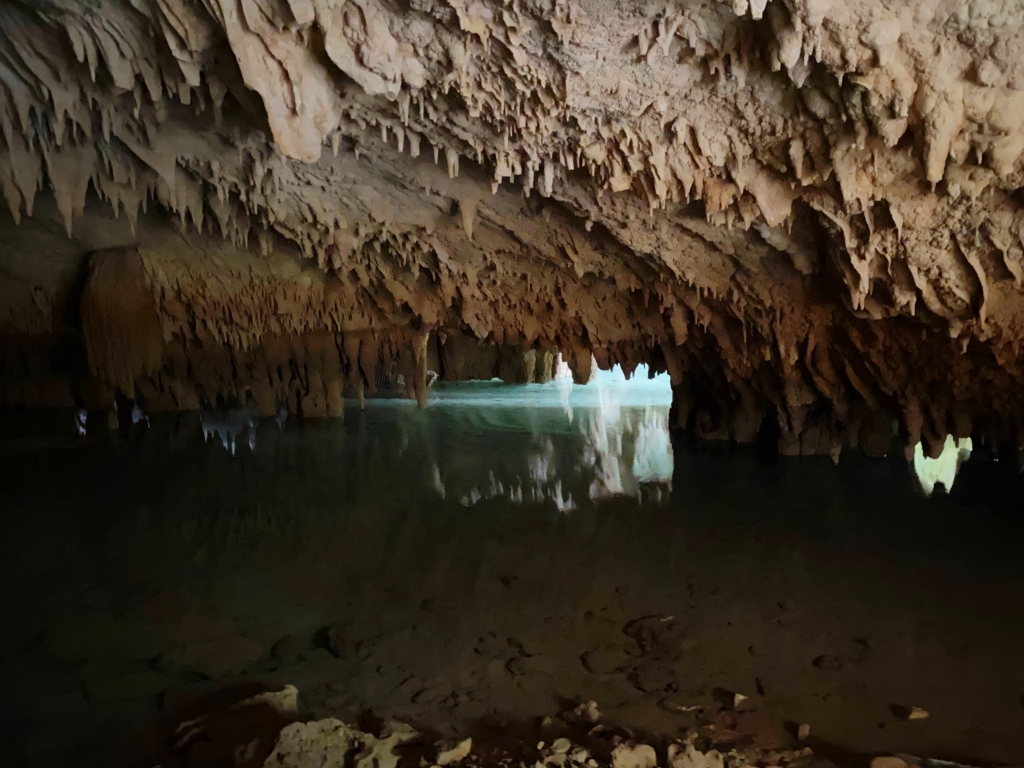
Finding the weird and wonderful in Bermuda Cross one item off my bucket list for 2022: I visited Bermuda on a family holiday. Unsurprisingly, when I visit new places, I look for spooky things and natural wonders. So this post will mainly be about the unusual aspects of the tiny island country. Bermuda is definitely…
-
Weird news and mystery booms for the end of 2022
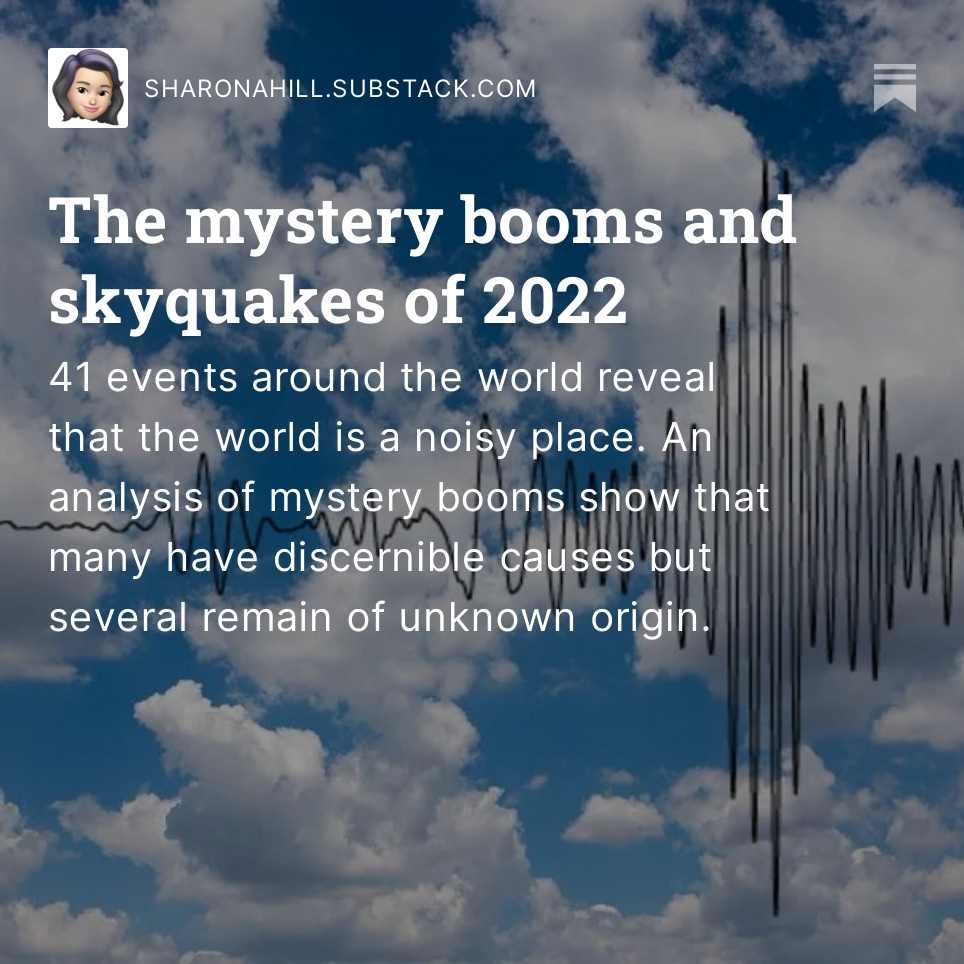
Here we are in a new year! Let’s hope it’s a good one. Coming soon is a new post about what I did on vacation. I was looking for interesting natural phenomena and off-beat spooky things on an island in the middle of the sea. But during my extended holiday time off, I managed to…
-
Texarkana Fish Rain Mystery Solved
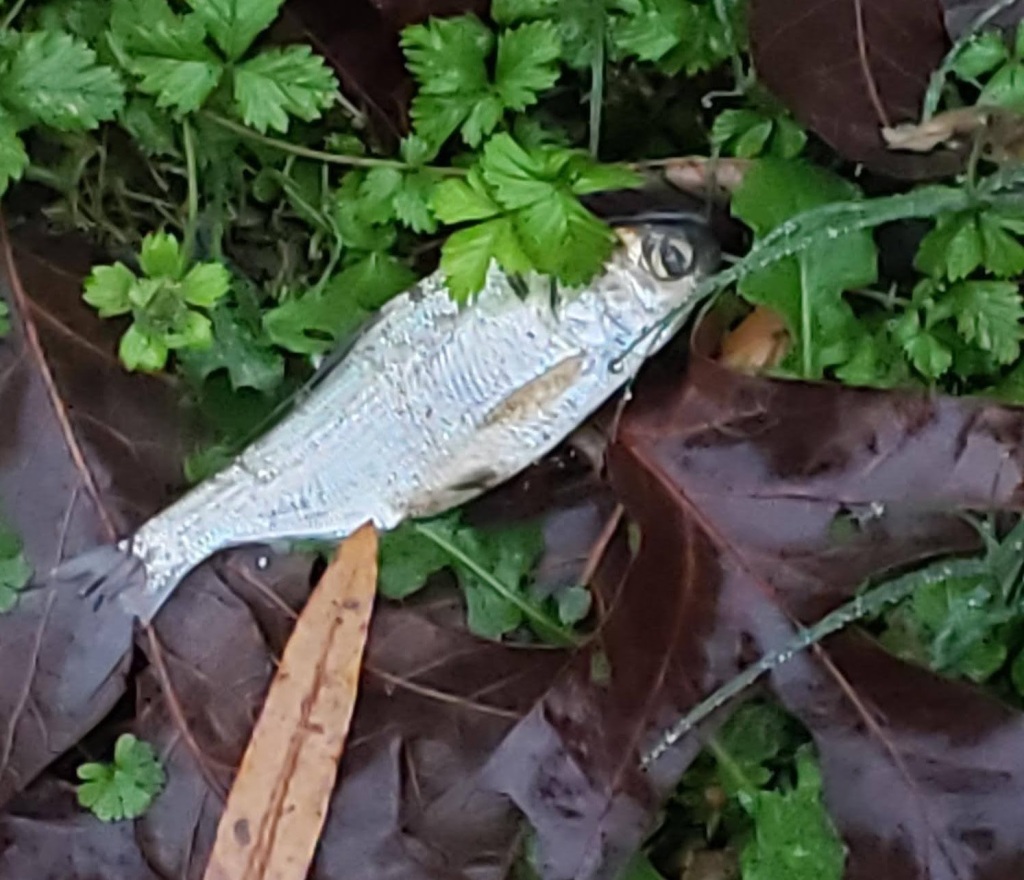
The fish that fell in a December thunderstorm likely came from the nervous stomachs of birds that ejected their recent meal, investigators conclude.
-
Flat-earthers as scientifical Americans: One message from ‘Behind the Curve’
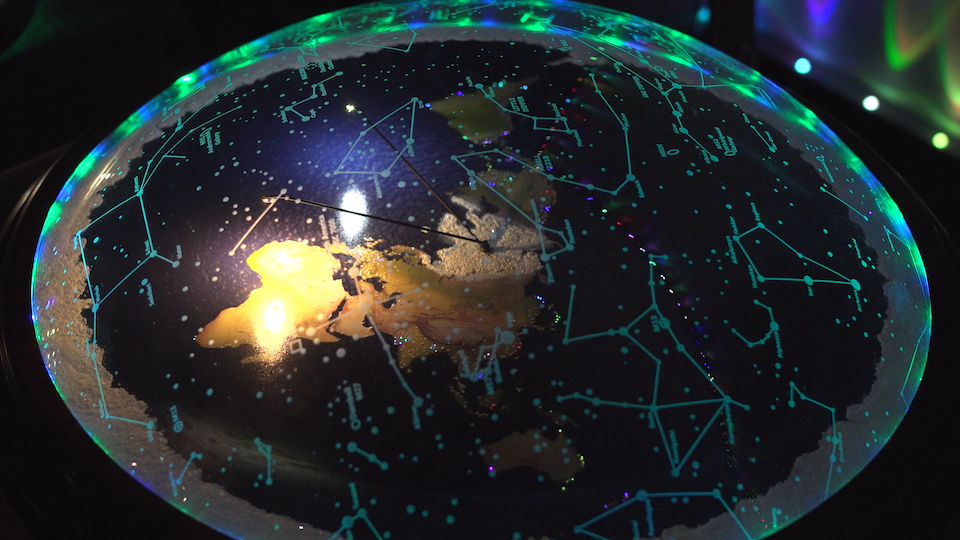
Most people react to flat-earthers by labeling them as stupid or scientifically illiterate. A moderate effort to examine what they say will reveal that is not so. On the contrary, those who embrace conspiratorial beliefs seem to be bored with the conventional. Their active, creative brains spin more intriguing, complicated, and colorful trappings around mundane…
-
Science and cryptozoology: The taboo subject of Bigfoot doesn’t add up

Episode 7 of Laura Krantz’ Wild Thing podcast on Bigfoot, science and society explores the contentious relationship between the orthodox scientific community and those scientists who choose to seriously explore fringe topics like this one. Several science-minded Bigfoot advocates are profiled who lament the way society and the “Ivory Tower” of science (a monolithic metaphorical…
-
Human sacrifice at CERN? It’s not a joke when bizarre claims are taken seriously

Reaction has been varied regarding a video seemingly depicting a human sacrifice on the grounds of CERN in Geneva, Switzerland, the location of the Large Hadron Collider and cutting edge particle physics research. Some people are chuckling at the spoof while others see it confirming their dark suspicions and sinister worldview. As a science advocate…
-
Animal Planet’s Monster Week tones down the hype for 2016
It’s business as usual at Animal Planet channel. It’s Monster Week. You know, it’s not that bad to air shows like The Cannibal in the Jungle for one week or on occasion. But AnPlan has gone too far in the past several years by suggesting that mermaids, Megalodon and cryptids exist by co-opting bad or outright…
-
When Everyday is Doomsday: Slip, sliding away
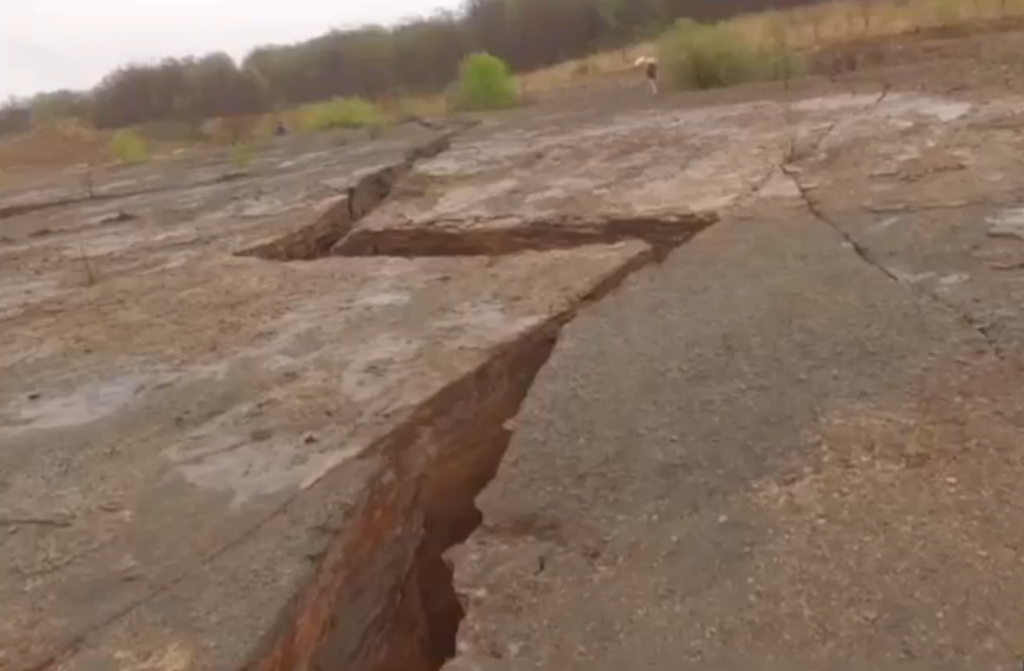
As a geologist, I get mightily annoyed with apocalyptic-themed sites that broadcast media reports about normal processes of the planet with the tone that End times are upon us! Every friggin’ day! The end of the world seems to be perpetually right around the corner. Every report of strange sounds (often hoaxes or explainable), lights in the sky (typically…
-
Book Review: Dawkins’ Brief Candle
Brief Candle in the Dark: My Life in Science by Richard Dawkins My rating: 4 of 5 stars I feel this book helped me understand Dawkins considerably more than I did previously. It also deepened my appreciation for him and his life’s work – in zoology, evolutionary biology, religion, philosophy, and science in society. There…
-
100 Things Popular Science Thinks Science Got Wrong, but Didn’t Quite
I was in the grocery checkout line a few weeks ago. I sometimes scan the magazine rack impulse grabs but never buy them. This week, the crop circle cover photo of a special edition of Popular Science caught my attention: Mistakes and Hoaxes – 100 Things Science Got Wrong What did science get wrong about…
-
Cryptozoology and Myth, Part 1: The Illusion of Facticity in Unknown Animal Reports

What can we make of folklore tales that cryptozoologists use to support claims that an unknown animal has been historically reported and remains to be identified? Cryptid researchers say that modern reports of Bigfoot-Sasquatch, lake monster, sea serpents, giant flying animals, and elusive land creatures are supported by the stories of native people, legends or…
-
Sykes paper is a clarion call for higher standards for cryptozoology

The highly anticipated paper from B. Skyes regarding DNA testing of anomalous primates has been published and is, thankfully, freely accessible. In 2012, the team from University of Oxford and the Museum of Zoology, Lausanne, put out a call for samples of suspected anomalous primates – Yeti, Bigfoot/Sasquatch, Almasty, orang pendek. The samples, if accepted,…
-
Warnings of impending danger: Science and Social Factors
This is a paper I prepared for an ethics graduate class and have updated (7-June-2014). I present it in conjunction with a Strange Frequencies Radio podcast appearance on Sunday June 8. Natural disasters happen every day. The people who can help prepare society for them are not psychics or crank pseudoscientists but those who study…
-
Science and society: The giant earthquake that launched a new era in geologic knowledge

I am a geologist by training and my main interest was natural hazards. I was not able to apply my interest to earthquakes or volcanoes as I’d hoped but I did get to help the public deal with sinkhole hazards that also cause property destruction and occasional loss of life. This short film is worth…
-
Speculative paleozoology done by professionals (Book Review)
Last night, I simply could not read any technical stuff before bed so I browsed my Kindle looking for some entertaining reading. The thing is, I don’t really do much fiction, almost everything I have is nonfiction. Then I came across “All Yesterdays: Unique and Speculative Views of Dinosaurs and Other Prehistoric Animals” by Darren…
-
Defending the faith of cryptozoology
My latest post, regarding the rational vs non-rational response to the new cryptozoology book by Loxton and Prothero, Abominable Science, went live on Huffington Post yesterday. Cryptozoology Gets Respect While Bigfooters Behave Badly. When critical thinkers approach the subject of Bigfoot (or cryptozoology in general) with a focus on the evidence, they are met with…
-
There is something alive down there. Troglobite!
Several years ago, I put a downhole camera into a borehole that I suspected was drilled into a network of rotten rock, riddled with widened fracture and small caves, possibly a cavern (karst). The system was fed by surface stream leakage but sustained by what was estimated to be a very extensive hydrogeological system across…
-
Science appreciation class
Several years ago, while learning about the problem of science illiteracy, I discovered something of critical importance: You can’t get people engaged and enthusiastic or even respectful about a subject if they don’t see any value or connection to themselves. Kids aren’t going to do well in high school science classes (or even choose to take those…
-
Did zoo animals predict the Virginia earthquake? Look closer.
A day after the east coast earthquake (now forever to be remembered by me as “the best birthday present ever!”), the Smithsonian issued a press release about the behavior of animals at the National Zoo, more than 80 miles from the epicenter of the quake. Some media outlets reported on the news as “animals go…
-
Today’s edition of being scientifical: UFO research and homeopathy
Ever on the lookout for scientifical examples, here are two that I thought were interesting. The first relates to my interest in amateurs being scientifical. UFO researcher Budd Hopkins presented the results of a study he conducted at a conference about UFO abductees. According to Robert Sheaffer (Skeptical Inquirer V. 35 No. 3 May/June 2001…
-
Research groups’ useful social function is not “being scientific”
The LA Times reports on the MUFON conference with the headline “convention emphasizes scientific methods”. The reporter then skewers this idea by showing how at least some of the attendees have thoroughly embraced the idea of alien visitation and human-alien hybridization. Oh my. (Read about a scientist’s experience in attending a MUFON conference here. The…
-
Stunning findings about origin of mountain lion killed in Connecticut
This post originally appeared on the Keystone Society for Rational Inquiry blog. In a followup to this story Connecticut officials have reported some “amazing” news. …they said that the Connecticut Cougar had made its way east from the Black Hills of South Dakota and that genetic testing matched samples of an animal confirmed as having been…
-
Scientific or Scientifical?
About half of all amateur research and investigation groups (ARIGs – those self-forming groups that do ghost hunting, Bigfoot searches, cataloging of UFO sightings, and other paranormalia) on the Internet say they use scientific methods and equipment and/or their field is based in science. [1] As one who actually did scientific work in a lab…
-
Young Earth Creationists’ sneaky strategy to be scientifical
Earth magazine has an intriguing and disturbing article by Steven Newton describing how geologists, who actually represent the Institute for Creation Research, the Discovery Institute and Christian universities, subtly promote the view that Noah’s flood was responsible for geological observations in the American West. Their new strategy is to give talks, posters and guide field…
-
Want to shed the pseudoscience label? Try harder.
When I was a kid, cryptozoology books advocated the existence of these creatures. The same dramatic stories were repeated in many books. I was swayed by the stories but eventually I got bored with them. There was something missing. Stories only get you so far. I wanted a structure, I wanted details. I really wanted…
-
Chupacabra gets a necropsy: Ben Radford’s new book does the dirty work
We were given a teaser of the stunning new findings about the chupacabra in Ben Radford’s preceding book Scientific Paranormal Investigation, which I reviewed here. I was excited to dig into the entire story in Tracking The Chupacabra: The Vampire Beast in Fact, Fiction and Folklore. The book has high praise and positive reviews already.…